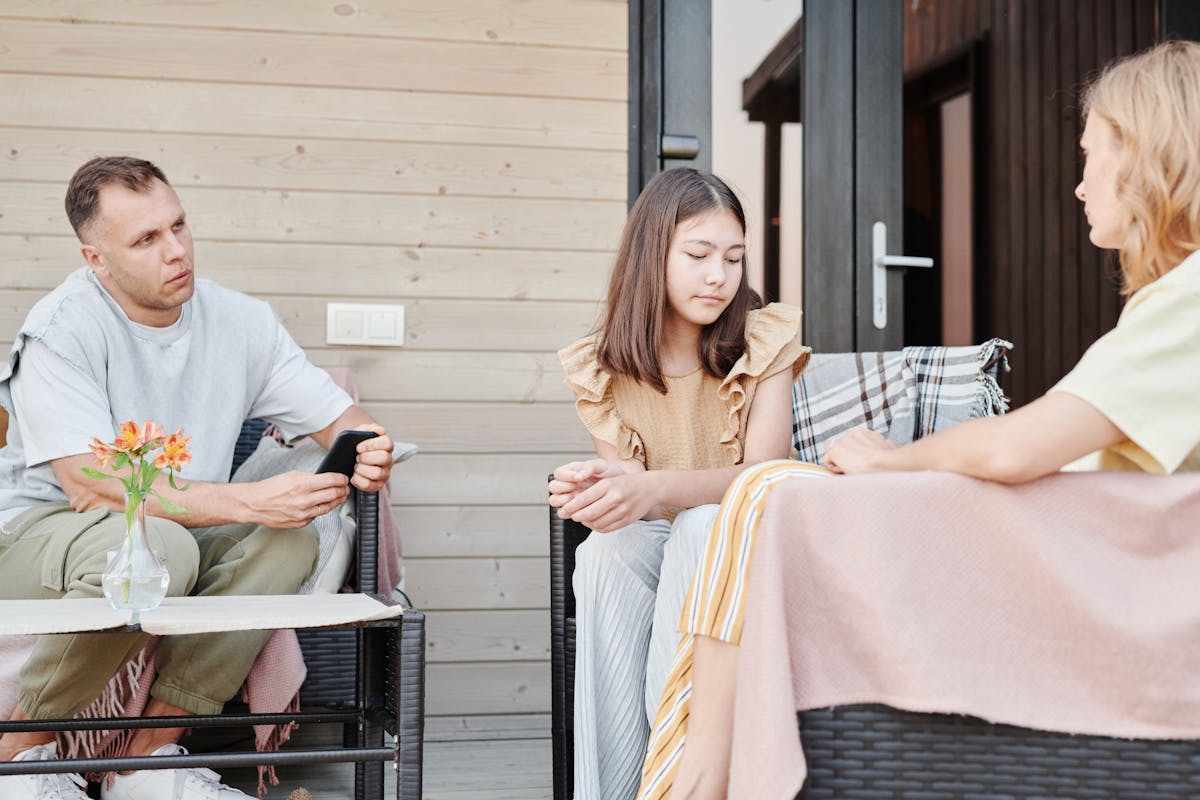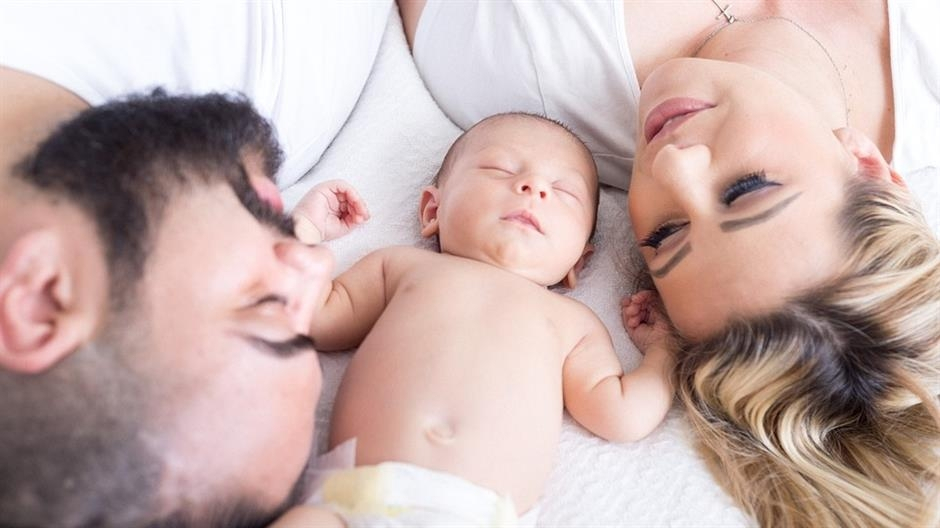
When Closeness Hurts: What Is Contrast Loneliness and Why It Appears After Socializing
Loneliness has been the subject of many studies, articles, and personal testimonies for some time now – it is no longer taboo, but a reality of modern life.
The advice is well known: go out, join a hiking club, schedule dinner with friends, chat with the bartender.
But what happens when these very social interactions become a source of loneliness?
If you’ve ever come home after socializing and felt sudden sadness or emptiness, you’ve probably experienced what’s known as contrast loneliness.
Los Angeles-based therapist Lindsey Re Ekerman says this phenomenon is also called post-social loneliness – and it’s not uncommon.
Helen DJ, a licensed psychotherapist and youth program director at Newport Healthcare, explains that it’s a misconception to believe we can’t feel lonely when surrounded by people.
Loneliness can arise during social interaction – but also afterward.
Understanding why this type of loneliness occurs can help you better understand which connections truly nourish you – and how to feel it less often, writes the Huffington Post.
You’re Not “Weird” for Feeling This Way
“It’s completely normal to feel this way from time to time. It’s unrealistic to expect every conversation with a friend to be amazing and fulfilling,” says Kassley Killam, a Harvard scientist and author of the book The Art and Science of Connection.
Introverts, she adds, are more prone to this phenomenon – they enjoy quiet time more and are more easily drained when in company, especially if they don’t feel a deep connection with the people they were with.
Clinical psychologist Paul Losoff notes that individuals struggling with anxiety or depression can feel lonely even in company, because intrusive thoughts prevent them from being present in the moment.
Imagine being at dinner with friends but internally battling thoughts like: “I’m not interesting enough,” or “Everyone is more successful than I am.” Then, at home, you replay everything you said, questioning each word. It’s no wonder you feel even lonelier.
If you couldn’t be yourself, adds Losoff – if you felt misunderstood, unseen, unappreciated – loneliness after socializing is almost inevitable.
When Reality Falls Short of Expectations
Psychologist Julianne Holt-Lunstad emphasizes that a mismatch between expected and actual connection is one of the most common causes of contrast loneliness. Maybe you hoped for a deeper conversation or simply more fun – disappointment is a natural result.
Shallow interactions can also contribute to the feeling of emptiness. “The need for emotional connection is completely legitimate. Light, everyday chats are normal, but they’re not enough for everyone,” adds DJ.
Sometimes the sadness is simply because you had a good time – and now you miss it. This is called post-event blues. If you know you won’t see that person or group again soon, nostalgia and loneliness can come hand in hand.
How to Cope with Contrast Loneliness
The first step is – be gentle with yourself. Ekerman advises practicing self-compassion and reminding yourself: it’s not your fault. The social experience simply didn’t meet your expectations.
Imagine a “redo” – would you rather meet one-on-one next time? Do you prefer a different setting or conversation topic? These reflections can be valuable when planning your next get-together.
Killam recommends recalling the interactions that made you feel good: who were you with, what were you doing, how did you feel? Recognize patterns – and choose situations that genuinely suit you.
Of course, this doesn’t mean avoiding all situations that aren’t “perfect.” “Negative experiences can result from many factors: yourself, others, the context itself, or even your expectations,” reminds Holt-Lunstad.
Instead of writing everything off as bad, try reframing the experience: what was nice? What are you grateful for? Psychologists emphasize that gratitude really changes your outlook – and it works.
If you had a good time but parting left you sad – prolong the connection. Share photos, send a message to the person you bonded with, plan another meeting. These small gestures help maintain the feeling of connection.
And finally – if the feeling of loneliness is deep and persistent, therapy can help. Professional support can help you understand the roots of your loneliness and find ways to ease it – in a way that truly suits you.





